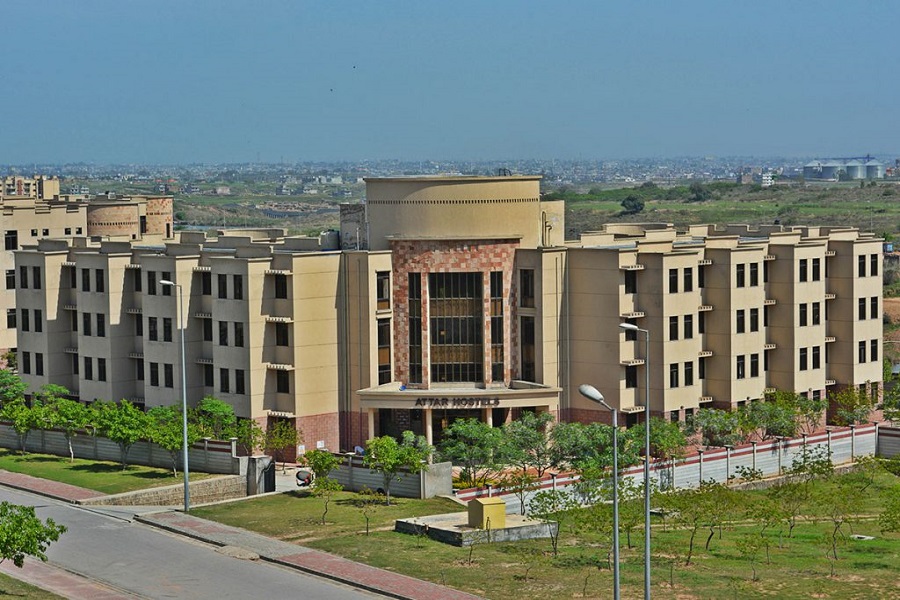News Desk
ISLAMABAD: The National University of Sciences and Technology (NUST), one of Pakistan’s leading institutions, has become the first university in South Asia to gain access to the National Aeronautics and Space Administration’s (NASA) Geostationary Environment Monitoring Spectrometer (GEMS) satellite for real-time air quality data monitoring.
Geostationary orbit-based satellite instrument
With access to the latest satellite, NUST has become a part of the most modern instrument of geostationary orbit-based satellite instrument which observes air quality.
The Head of the Department at the Institute of Environmental Sciences and Engineering in NUST, Dr. Muhammad Fahim Khokhar told APP that NUST has also become the first institute in the region to receive the equipment used in recording, collating, and calibrating real-time air quality data.
He pointed out that there was no such facility available in the country with access to 24/7 satellite-based data for air pollution.
Designed for observation of air pollutants
GEMS, the first satellite instrument among three constellations, has been designed for the observation of air pollutants and short-lived climate pollutants. It carries out hourly monitoring of atmospheric gases over Asia throughout the day from an orbit over the equator.
GEMS has enabled scientists to better track air pollution from space with the help of the satellite.


























